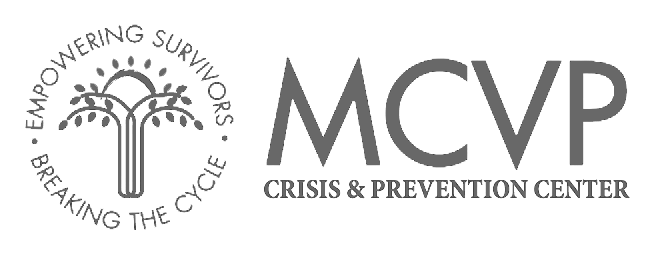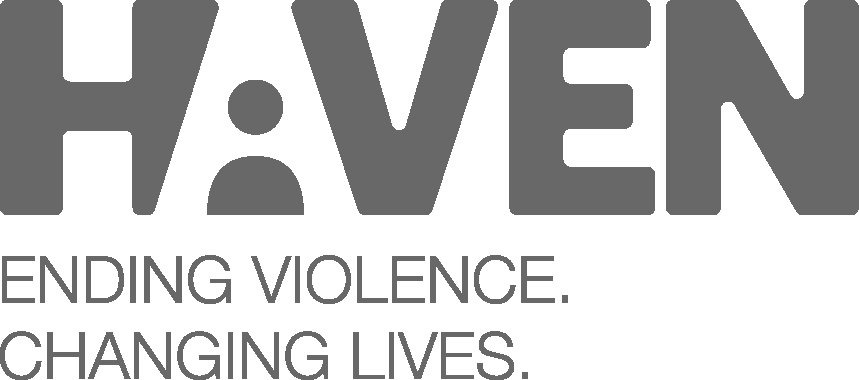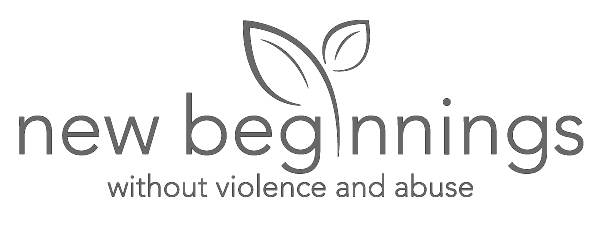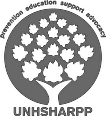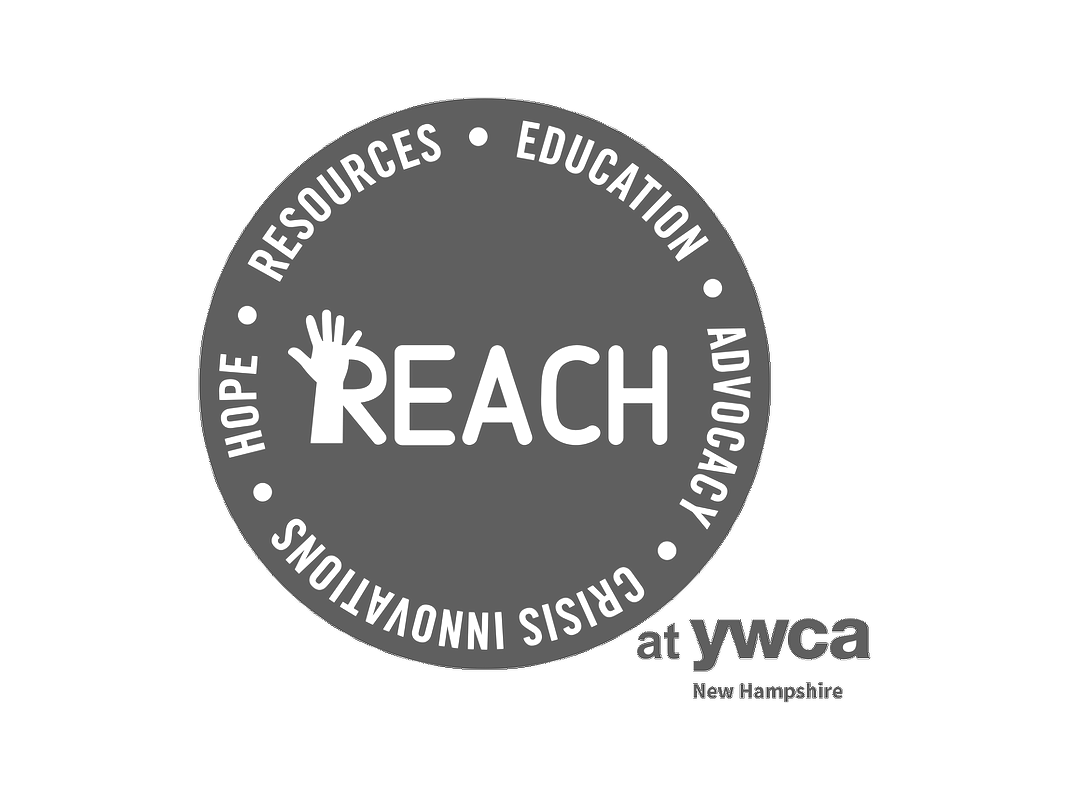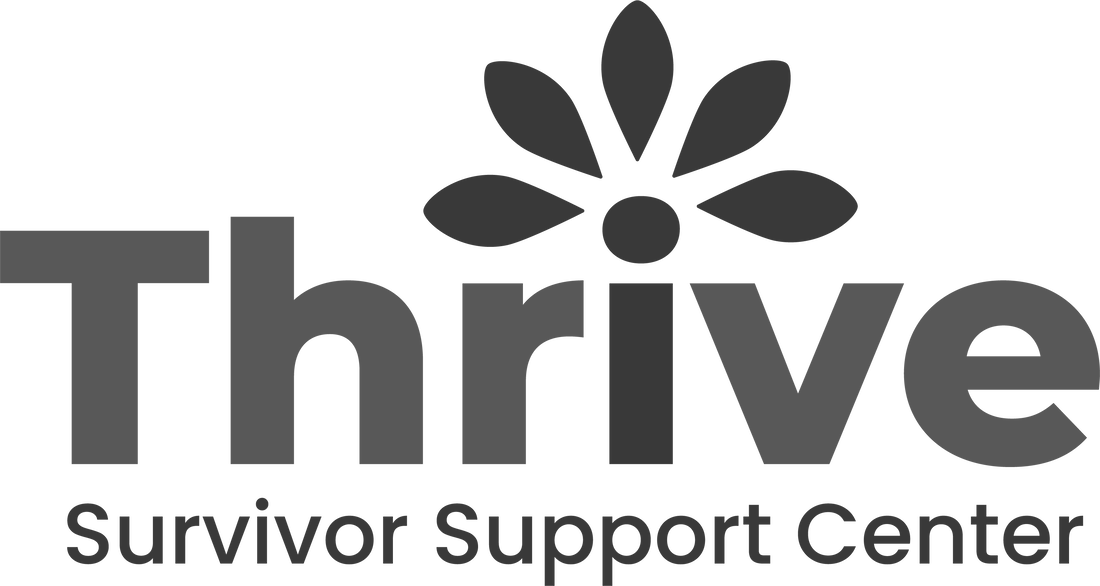|
By Scott Hampton, Psy.D.
Everyone has been affected by this novel coronavirus, including those of us who work to eliminate domestic abuse. At this moment, I’m speaking specifically from the perspective of someone who provides supervised visitation services.[1] The current public health crisis is forcing us to rethink all that we do. Can we continue to provide “safe” parent/child access services (i.e., services that offer protection not just from domestic abuse, but from COVID-19-related health risks as well)? And if so, how and for which families? And what will happen to, or within, families that we are not currently able to serve? What else can we do for them? Being advised by the CDC to stay physically apart [2] has done nothing to prevent us from coming together (albeit remotely) in search of answers to these important questions. One of our many strengths has always been our ability and willingness to work collaboratively as a community with a shared vision. To that end, there is no shortage of providers[3], victim advocates and other community partners, technical assistance teams (such as Inspire Action for Social Change and the Center for Court Innovation among many others) who, with the backing of the Office on Violence Against Women, are engaging in conversations, developing plans, offering webinars, etc. Locally, and much more widely throughout this country and beyond its borders[4], we are learning what we need to change to best serve the families that come to us for help. New, but not so new: “Unprecedented times.” “Challenges we have never faced before.” True enough. But also, strangely familiar. For example: Consider “social distancing”. Staying a certain distance apart for fear of harm? Isn’t that one of our specialties in the anti-domestic abuse field? We refer to those as no-contact provisions of bail orders, or civil protective orders, PFA’s, OFP’s, etc. Call them what you will but we’ve been utilizing them for decades. And at a supervised visitation center, isn’t keeping parents a safe distance apart, an essential component of our services? Separate parking lots, separate entrances/exits, separate waiting areas, separate sides of the Center. We’re not just familiar with the importance of separation, but designing and insisting upon separation is our bailiwick, our raison d’être (i.e., a place where a non-custodial parent and child can spend time together in a way that is safe for everybody, in part because the parents never have contact with each other while at the Center). Of course, the similarities between these two public health emergencies (i.e., COVID-19 and domestic abuse) don’t stop there. What about screening for warning signs? The CDC has published, and continues to update, their list of common COVID-19 indicators (e.g., fever, dry cough, tightness in the chest, headache, shortness of breath, loss of sense of smell, etc.)[5]that help us to identify those who pose the greatest risk of infecting us. Similarly, many law-enforcement officers screen for risk on a DV call with the Lethality Assessment Protocol[6](or similar tool), for the same reason that visitation centers use deputy sheriffs to check bags and wand family members upon entry to their Center. The generic version of the question for all of these situations is the same: “Does contact with this person pose a threat to me and/or others?” Communicable diseases: The common denominator between these two public health concerns, is that both COVID-19 and domestic abuse are communicable diseases with devastating, sometimes fatal outcomes.[7][8]Both involve one person (wittingly or not) transmitting something of harm to another. In neither case, is the person strictly the problem. In both cases, the problem is what they are spreading. Even our interventions are similar. To prevent further transmission, we offer education: For example, COVID-19: “Wear masks, keep a safe distance apart and wash your hands often.” Domestic abuse: “Give up coercive control and adopt healthy relationship skills.” More immediately, in high risk cases, we might speak of confinement: 14-day quarantines for COVID-19, and incarceration or jail sentences for domestic abusers/shelters for victims. COVID-19 as a new tactic of control: As we pull on this string further, we might notice that not only are these two public health problems similar, but they also interact with one another in such a way that the risks of one, enhance the risks of the other. In other words, domestic abusers have been able to exploit both COVID-19’s impact and society’s response to that virus in such a way as to enhance their coercive control over their victims. Indeed, the pandemic has increased both their inclination and opportunity to abuse. For example, one such person reported, “I’ll tell her that I was exposed to someone with the virus. That way, she’ll have to stay home with me for 14 days.” Consequently, it should come as no surprise that as the general crime rate has decreased significantly during the COVID-19 pandemic, reports of domestic abuse have increased.[9] In the middle of every difficulty, lies opportunity -Albert Einstein In response, the COVID-19 pandemic has increased both my inclination and opportunity to reflect upon how we think about and address the other pandemic, the one that has been around much longer than the novel coronavirus: namely, domestic abuse. Historically, no one has wanted to discuss that “dirty little secret,” that “private family matter,” “what happens behind closed doors.” It has made us uncomfortable. We haven’t even wanted to admit that it happens. In contrast, everyone is talking about COVID-19. Wall-to-wall coverage in the news. It’s virtually unavoidable. Perhaps we can use the tremendous focus on this new disease as a lens through which we can shine a different light on the domestic abuse pandemic that has lasted way too long already. COVID-19 has encouraged us to reexamine the assumptions and procedures at our own visitation center in Strafford County, NH. Our lengthy exploration, on route to developing our virtual visitation model, (a summary of which will be the focus of the next “Reflections”) reminded me that sometimes, and paradoxically, the more we learn, the less we seem to know. Ultimately, if all goes well, we will learn so much that we will know practically nothing. Only then, with the clutter removed, can we become the great listeners that the families we serve need us to be. Scott Hampton, Psy.D. 4/26/20 Dr. Scott Hampton is a leading expert in the fields of domestic violence and sexual assault. Currently, he is the Executive Director of Ending the Violence, a New Hampshire-based organization that provides educational classes to perpetrators of domestic and sexual violence. He is also the founder of the Consexuality Project, a sexual violence prevention initiative, and is author of Tolerant Oppression: Why promoting tolerance undermines our quest for equality and what we should do instead. In 2019 he was interviewed for his work in the award winning news series "Fighting Back" by Alyssa Dandrea of the Concord Monitor. Read more of Dr. Hampton's essays at Ending the Violence. For coronavirus resources for survivors in New Hampshire click here. [1]While I have benefitted and continue to learn much from the people and agencies referenced in this series of Reflections, that in no way suggests that any of what is written here represents their views. Consequently, any incoherent ramblings or misstatements that you might detect in these documents are entirely my fault. [2]https://www.cdc.gov/coronavirus/2019-ncov/prevent-getting-sick/index.html [3]“The Supervised Visitation Network is an international membership network that establishes standards, promotes education and advances professionalism in the field of supervised visitation.” https://www.svnworldwide.org/ [4]See, for example: https://www.judiciary.uk/announcements/coronavirus-crisis-guidance-on-compliance-with-family-court-child-arrangement-orders/ [5]https://www.cdc.gov/coronavirus/2019-ncov/symptoms-testing/symptoms.html [6]https://lethalityassessmentprogram.org/about-lap/how-lap-works/ [7]As of April, 26, 2020, COVID-19 had claimed over 200,000 human lives worldwide, more than 50,000 of which were suffered in the United States. https://coronavirus.jhu.edu/map.html [8]For example, in NH each year, we find that half, if not more, of all homicides are DV-related. https://www.doj.nh.gov/criminal/victim-assistance/documents/domestic-violence-report-2017.pdf [9]https://www.usatoday.com/story/news/investigations/2020/04/04/coronavirus-crime-rates-drop-and-domestic-violence-spikes/2939120001/
13 Comments
1/19/2021 03:34:00 am
Hey There,
Reply
While each community works to create the best safety net for their residents who are victims of domestic violence, OVW supports the coalitions of domestic violence service providers nationwide to stitch together the resources in what becomes a patchwork quilt providing both safety and comfort to victims of domestic violence.
Reply
2/16/2022 11:21:03 pm
This is a very informative—edifying article to all. Thanks a lot! Continue to post!
Reply
3/17/2023 01:03:07 am
Indeed, the pandemic has increased both their inclination and opportunity to abuse. I’m so thankful for your helpful post!
Reply
3/17/2023 03:41:40 pm
With the backing of the Office on Violence Against Women, are engaging in conversations, developing plans, offering webinars, etc. Locally, and much more widely throughout this country and beyond its borders. Thank you for making this such an awesome post!
Reply
11/2/2023 11:22:24 pm
It's truly remarkable how the COVID-19 pandemic has forced us to reevaluate our approach to combating domestic abuse. As Scott Hampton, Psy.D., points out, even those of us working in fields like supervised visitation services have been deeply affected. This crisis has pushed us to ponder essential questions about maintaining safe environments not just in terms of domestic abuse but also in the context of pandemic-related health risks. Who can we continue to serve, and how can we protect both victims and service providers? Moreover, what about the families we cannot currently support? It's a time for deep reflection on how we can better serve those in need.
Reply
11/3/2023 06:09:50 pm
The COVID-19 pandemic has undoubtedly challenged us in ways we never anticipated, and Scott Hampton's reflections on its impact on domestic abuse services are both insightful and thought-provoking. As someone who is passionate about ending domestic abuse, it's heartening to see professionals in the field like Dr. Hampton openly addressing the challenges posed by the pandemic. The questions he raises about providing safe access services during these times are crucial.
Reply
11/3/2023 11:59:11 pm
It's truly eye-opening to see how the COVID-19 pandemic has pushed us to reevaluate and adapt our approach to ending domestic abuse. Scott Hampton's perspective as someone providing supervised visitation services sheds light on the challenges we face in ensuring both physical safety and protection from health risks. The pandemic has forced us to think critically about who we can serve and how. However, what's truly inspiring is how our community has come together, even in remote settings, to find solutions. The collaboration between providers, victim advocates, and other partners, both locally and nationally, is heartening.
Reply
1/25/2024 09:00:42 pm
Locally, and much more widely throughout this country and beyond its border, we are learning what we need to change to best serve the families that come to us for help.
Reply
3/25/2024 03:17:22 am
Discover the perfect storage solution for your cherished dry fruits with our selection of beautifully crafted <a href="https://bellprinters.com/empty-dry-fruit-boxes/
Reply
4/26/2024 12:20:52 pm
Reflections on what COVID-19 teaches us about our work to end domestic abuse and these issues are not so good when it is not addressed properly. There are a lot of people searching for the best ideas that are good and can provide us the right solution.
Reply
7/10/2024 07:32:20 am
Reflections on what COVID-19 teaches us about our work to end domestic abuse is a nice post and it provide us the right results. There are a lot of people searching for these ideas and it provide us the right results.
Reply
Leave a Reply. |
essays and reflectionsThe Coalition's blog site will post contributions from allies, community partners and volunteers. Archives
October 2020
Categories |
Our Supporting Partners
New Hampshire Coalition Against Domestic and Sexual Violence
PO Box 353, Concord, NH 03302-0353
(603) 224-8893


 RSS Feed
RSS Feed

